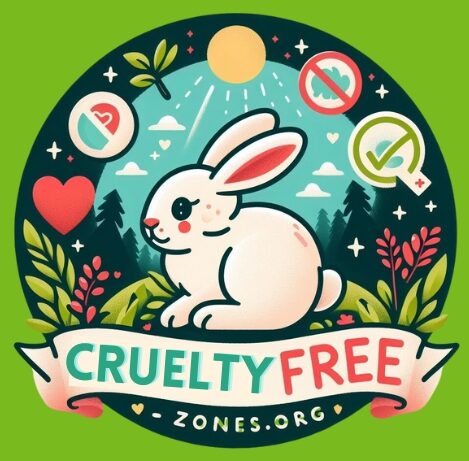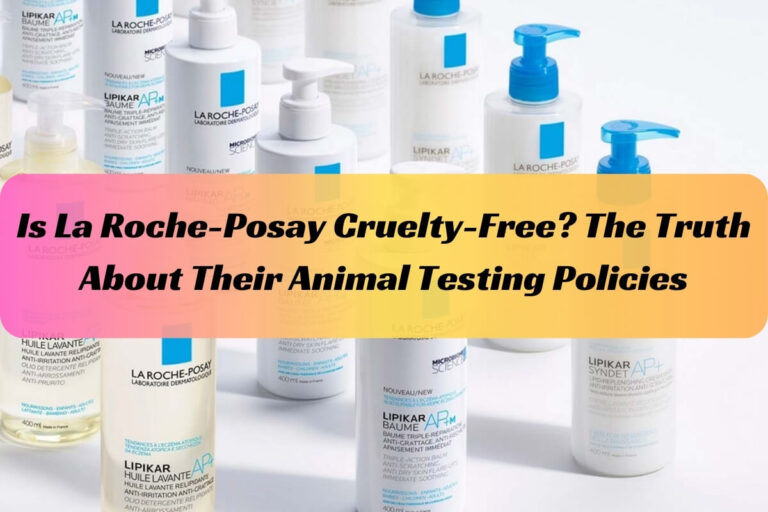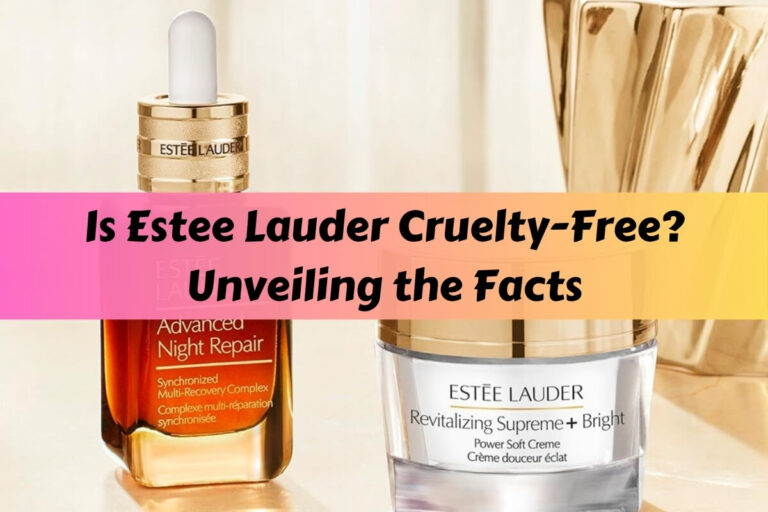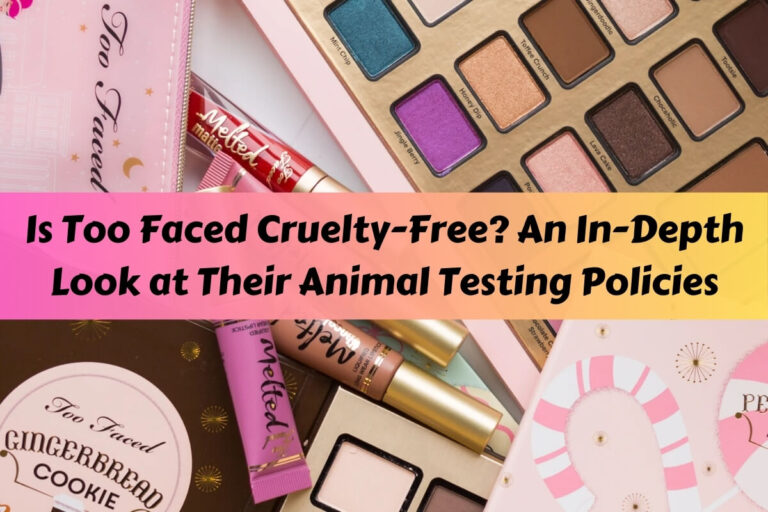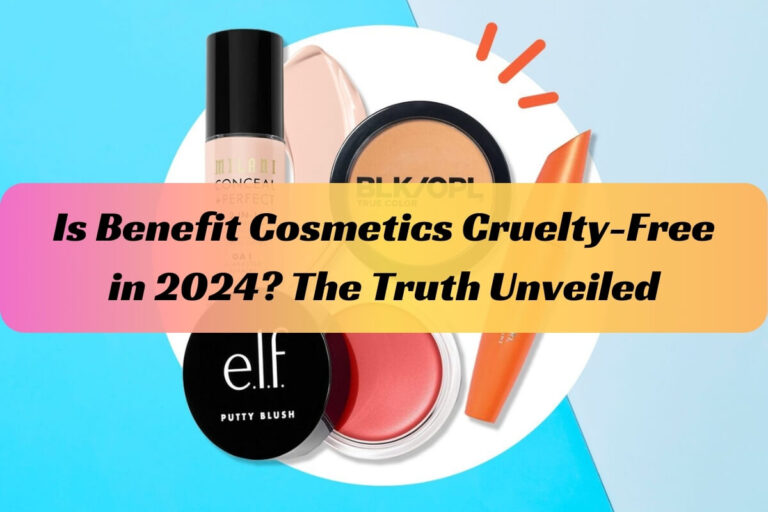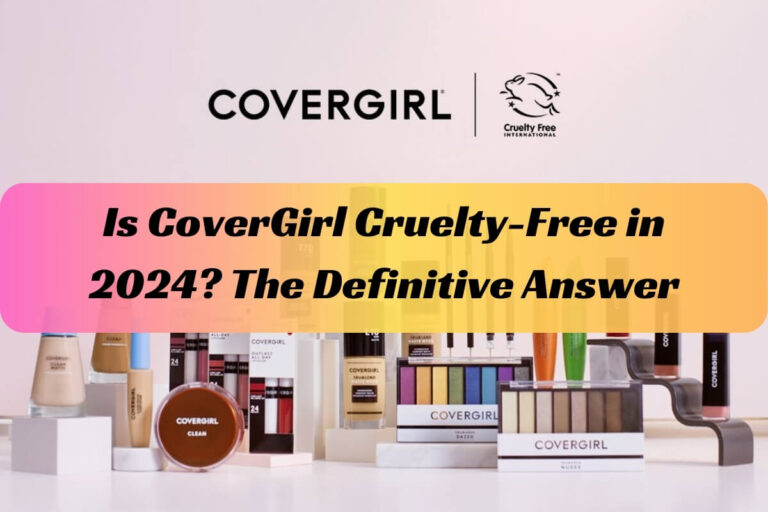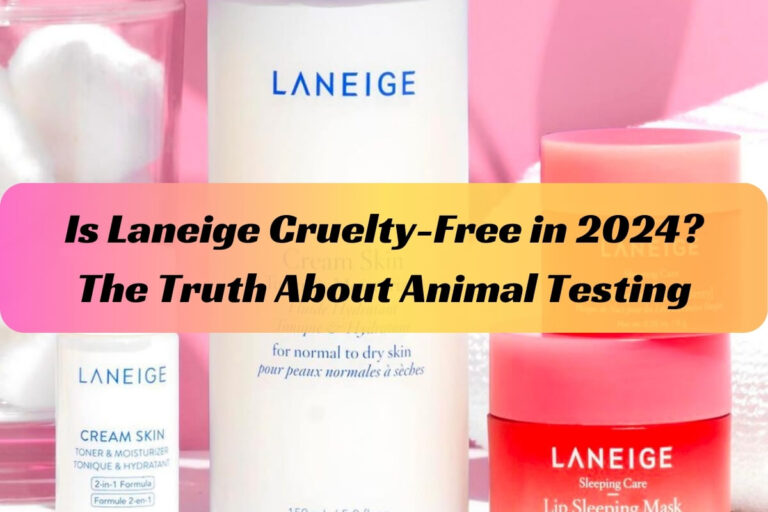Is La Roche-Posay Cruelty-Free? The Truth About Their Animal Testing Policies
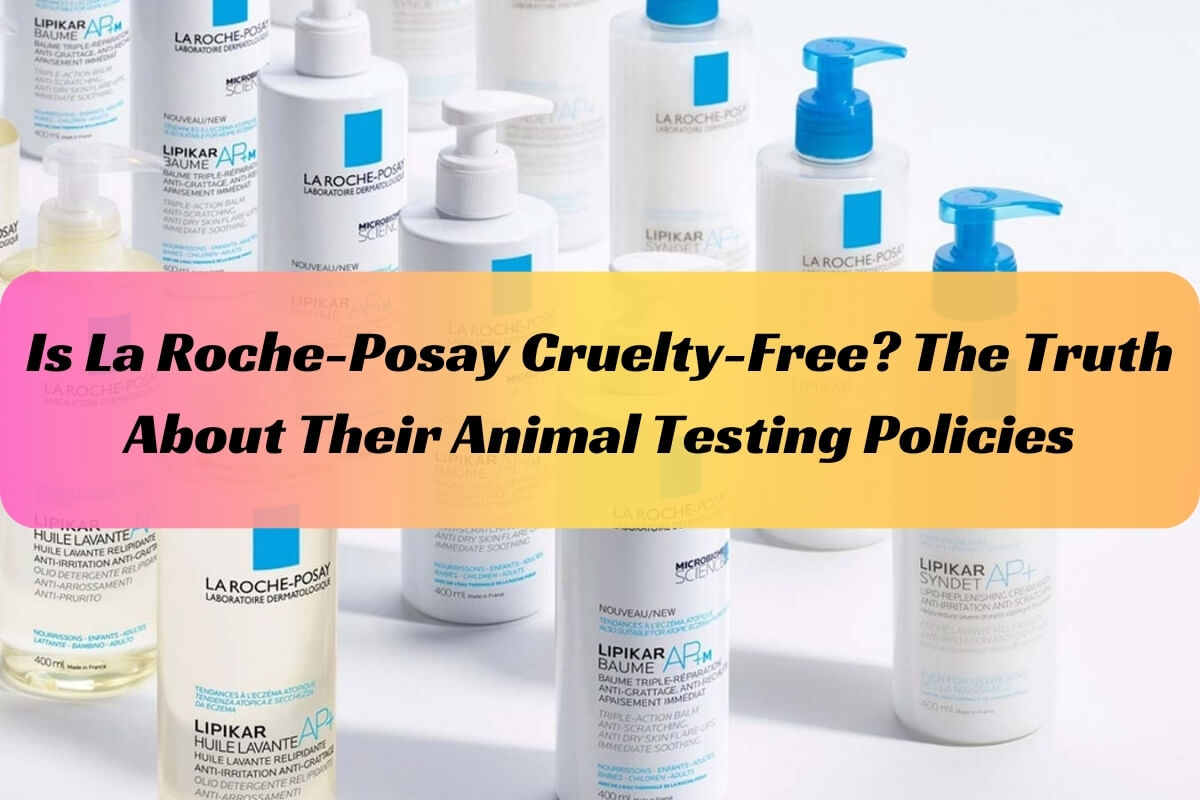
In this article, we’ll uncover the truth about whether the popular skincare brand La Roche-Posay is cruelty-free. We’ll dive deep into their animal testing policies, explore alternatives, and provide tips for identifying truly cruelty-free brands.
The demand for cruelty-free beauty products has been on the rise, with consumers becoming increasingly conscious about the ethical implications of their purchases. One brand that has faced scrutiny in this regard is La Roche-Posay, a French skincare company known for its dermatologist-recommended products. Let’s explore the facts surrounding La Roche-Posay’s cruelty-free status.
What Does It Mean to Be Cruelty-Free?
Before diving into La Roche-Posay’s policies, it’s essential to understand what it means for a brand to be cruelty-free. In the beauty industry, cruelty-free refers to products that have not been tested on animals at any stage of development or production.
Many consumers are now choosing cruelty-free options to avoid supporting practices that harm animals. However, it’s crucial to note that being cruelty-free is different from being vegan. While cruelty-free products are not tested on animals, they may still contain animal-derived ingredients like beeswax or lanolin.
La Roche-Posay’s Animal Testing Policies
On their official website, La Roche-Posay states that they do not engage in animal testing. However, the reality is more complex. The brand admits that it may conduct animal testing if required by law in certain regions where they sell their products.
This exception is particularly relevant in mainland China, where animal testing is mandatory for most cosmetics sold in physical stores. La Roche-Posay’s parent company, L’Oreal, has confirmed that their products are available in physical retail outlets in China, suggesting that animal testing may occur for products sold in this market.
Additionally, La Roche-Posay’s association with L’Oreal, a company that has faced criticism for its animal testing practices, further complicates the brand’s cruelty-free status.
Is La Roche-Posay Sold in Mainland China?
As mentioned earlier, the availability of La Roche-Posay products in mainland China is a significant factor in determining their cruelty-free status. According to various sources, La Roche-Posay products can be found in physical stores in China, where animal testing is legally required for most cosmetics.
La Roche-Posay products sold in Chinese physical retail stores may have undergone animal testing to comply with local laws, as many cosmetic products in China are still subject to mandatory animal testing.
Cruelty-Free Certifications and Logos
One way for consumers to quickly identify cruelty-free brands is by looking for third-party certifications and logos. Organizations like Leaping Bunny and PETA offer cruelty-free certifications to companies that meet their strict standards for animal testing.
La Roche-Posay does not have any cruelty-free certifications or logos on its products or website, which raises questions about its commitment to being cruelty-free.
Cruelty-Free Alternatives to La Roche-Posay
If you’re seeking cruelty-free alternatives to La Roche-Posay, there are several reputable brands to consider. Some popular options include:
- Youth to the People: This brand combines superfoods and science to create effective, natural, and cruelty-free skincare products.
- Biossance: Known for their squalane-based products derived from renewable sugarcane, Biossance is a clean beauty brand that avoids animal testing.
- Derma E: Focused on harnessing the power of vitamins, antioxidants, and botanicals, Derma E offers eco-ethical and cruelty-free skincare solutions.
- Pacifica Beauty: A long-standing cruelty-free and vegan brand, Pacifica Beauty has been championing ethical beauty practices for nearly 25 years.
- Herbivore Botanicals: This brand crafts natural, high-quality, and cruelty-free skincare products using the power of botanicals.
There are many other cruelty-free and vegan skincare brands available for conscious consumers.
How to Identify Cruelty-Free Brands
When it comes to identifying truly cruelty-free brands, it’s essential to look beyond surface-level claims and marketing tactics. Here are some tips to help you make informed decisions:
- Check for third-party certifications: Look for certifications from organizations like Leaping Bunny, PETA, or Choose Cruelty-Free, which have strict guidelines for animal testing.
- Scrutinize brand policies: Carefully read a brand’s animal testing policies and statements on their website or packaging. Be wary of vague language or exceptions for animal testing in certain regions.
- Research the parent company: Some brands may claim to be cruelty-free, but their parent companies may have different policies. Investigate the practices of the parent organization as well.
- Look for transparency: Truly cruelty-free brands are often transparent about their ingredients, sourcing, and manufacturing processes, making it easier for consumers to make informed choices.
The Future of Cruelty-Free Beauty
As consumer demand for ethical and sustainable products continues to grow, the beauty industry is adapting to meet these expectations. Many brands are embracing cruelty-free and vegan practices, driven by the belief that animal testing is unnecessary and inhumane.
Regulatory changes are driving the shift to cruelty-free beauty. The European Union has banned animal testing for cosmetics, setting an example for other countries.
Animal testing is still required by law in mainland China for some cosmetics, but consumer advocacy and pressure on brands and governments can bring about change.
Conclusion: Making an Informed Choice
In conclusion, while La Roche-Posay claims not to engage in animal testing, their policies and practices indicate that they may allow animal testing when required by law in certain regions, particularly in mainland China. This stance, coupled with their association with L’Oreal, a company known for animal testing, raises questions about their commitment to being truly cruelty-free.
As conscious consumers, it’s essential to thoroughly research brand policies and certifications before making purchases. By supporting cruelty-free and ethical brands, we can collectively drive positive change in the beauty industry and promote more humane and sustainable practices.
Remember, the power lies in your hands as a consumer. By making informed choices and aligning your purchases with your values, you can contribute to a world where animal testing is no longer necessary or accepted in the pursuit of beauty and personal care products.
